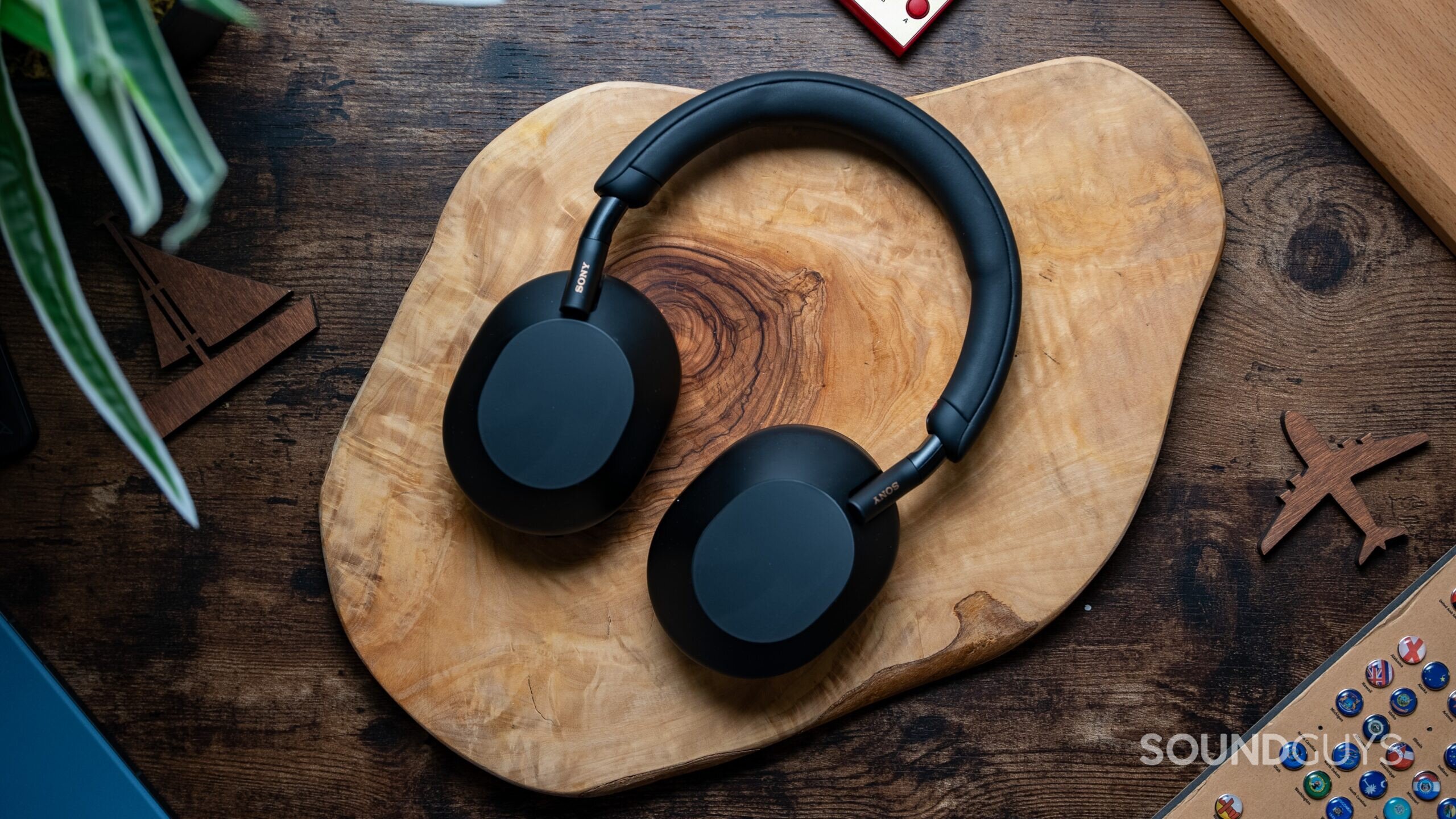Porcelain Tiles: The Perfect Combination of Durability, Beauty, and Versatility
Porcelain Tiles: The Perfect Combination of Durability, Beauty, and Versatility

Porcelain tiles have become one of the most popular choices for flooring and wall coverings in both residential and commercial spaces. Known for their strength, longevity, and wide range of styles, porcelain tiles are an excellent option for almost any interior or exterior application. Whether you’re remodeling a bathroom, installing a kitchen floor, or designing a sleek outdoor patio, porcelain tiles offer a stylish and functional solution.
In this article, we’ll dive into what porcelain tiles are, their benefits, different types and finishes, as well as the best uses for porcelain tiles.
What Are Porcelain Tiles?
Porcelain tiles are a type of ceramic tile, but they differ in terms of composition and firing process. They are made from fine clay and minerals, fired at extremely high temperatures (about 2,300°F or 1,260°C). This high firing temperature makes porcelain tiles more dense, durable, and less porous than traditional ceramic tiles.
Key Features of Porcelain Tiles:
-
Density: Porcelain tiles are denser and less porous than regular ceramic tiles, making them more resistant to water, stains, and freezing conditions.
-
Strength: Due to their high-density nature, porcelain tiles are harder and more durable, making them ideal for high-traffic areas.
-
Variety of Designs: Porcelain tiles are available in a wide range of colors, textures, and patterns, including looks that mimic natural materials like wood, stone, and marble.
-
Low Maintenance: Porcelain tiles require minimal maintenance and are easy to clean.
Types of Porcelain Tiles
Porcelain tiles come in various forms and finishes, allowing for versatility in both design and functionality. Here are the most common types of porcelain tiles:
1. Glazed Porcelain Tiles
-
Glazed porcelain tiles have a layer of liquid glass applied to the surface and then fired in a kiln. The glaze can give the tile a smooth, shiny finish or a matte look, depending on the desired effect. Glazed porcelain tiles are highly stain-resistant and can come in a wide variety of colors, patterns, and designs.
-
Best for: Bathrooms, kitchens, walls, and backsplashes.
2. Unglazed Porcelain Tiles (Full-Body Porcelain)
-
Unglazed porcelain tiles, or full-body porcelain, have the color and pattern throughout the entire thickness of the tile. These tiles are more durable than glazed porcelain because their color runs through the entire tile, making them less prone to visible wear over time. Unglazed porcelain is often used in outdoor settings because of its high resistance to abrasion and weathering.
-
Best for: High-traffic areas, outdoor spaces, commercial applications.
3. Polished Porcelain Tiles
-
Polished porcelain tiles have a smooth, glossy finish that reflects light beautifully. These tiles are achieved by polishing the surface of glazed porcelain, which gives them a high-end, luxurious look. While polished porcelain is stunning, it can be more prone to scratching or showing fingerprints.
-
Best for: Living rooms, hallways, and luxury settings like hotel lobbies or boutiques.
4. Matte Porcelain Tiles
-
Matte porcelain tiles have a non-reflective, flat surface that gives them a more subdued, contemporary look. They provide a slip-resistant finish, making them an excellent choice for areas prone to moisture, such as bathrooms and kitchens.
-
Best for: Bathrooms, kitchens, and outdoor patios.
5. Textured Porcelain Tiles
-
Textured porcelain tiles have a rougher surface that adds visual interest and tactile appeal. These tiles are often used for both aesthetic and practical purposes, especially in wet areas or outdoor spaces where additional traction is required.
-
Best for: Outdoor patios, swimming pools, and bathroom floors.
Benefits of Porcelain Tiles
-
Durability
-
Porcelain tiles are incredibly durable and can last for decades with proper care. They are highly resistant to scratches, chips, and abrasions, making them perfect for high-traffic areas like living rooms, hallways, kitchens, and commercial spaces.
-
Water Resistance
-
One of the standout features of porcelain tiles is their low water absorption rate. The dense, non-porous surface prevents water from seeping into the tile, making porcelain tiles an ideal choice for bathrooms, kitchens, and outdoor areas exposed to the elements. They are also resistant to freezing and thawing, making them suitable for areas with extreme weather conditions.
-
Low Maintenance
-
Porcelain tiles are relatively low-maintenance compared to other flooring options. The surface is easy to clean and stain-resistant, requiring only regular sweeping and occasional mopping with a mild cleaner. Unlike natural stone tiles, porcelain tiles do not need to be sealed, reducing maintenance efforts and costs.
-
Variety of Styles
-
Porcelain tiles are available in a wide range of styles, colors, patterns, and finishes. From subway tiles to wood-look tiles, marble-effect porcelain to contemporary designs, porcelain tiles can fit almost any design style. You can even find porcelain tiles that mimic the appearance of natural stone or wood, without the maintenance concerns associated with those materials.
-
Slip Resistance
-
Some textured or matte-finish porcelain tiles offer excellent slip resistance, making them ideal for wet areas like bathrooms, showers, and pool decks. This makes porcelain tiles a safe option for high-moisture environments, reducing the risk of slips and falls.
-
Environmental Friendliness
-
Porcelain tiles are made from natural raw materials and are often recyclable, making them a sustainable option. Additionally, since porcelain tiles last so long, they require less frequent replacement, reducing waste over time.
Popular Uses for Porcelain Tiles
Porcelain tiles are incredibly versatile and can be used for a wide range of applications in both residential and commercial spaces.
1. Flooring
-
Porcelain floor tiles are one of the most popular uses for porcelain, offering durability, ease of maintenance, and a wide range of aesthetic options. They can be used in high-traffic areas such as living rooms, kitchens, hallways, and commercial spaces.
-
Porcelain tiles are also excellent for wet areas, like bathrooms, because they’re resistant to water and stains.
2. Wall Cladding and Backsplashes
-
Porcelain tiles can be used to create elegant wall coverings or backsplashes in kitchens, bathrooms, and even living areas. The variety of colors, patterns, and finishes makes porcelain a versatile choice for both modern and traditional designs.
3. Outdoor Spaces
-
Because of their weather-resistant properties, porcelain tiles are an excellent choice for outdoor applications, including patios, terraces, and poolside areas. Porcelain outdoor tiles can withstand rain, sun, and freezing temperatures, making them a reliable material for exterior use.
4. Commercial Spaces
-
Porcelain tiles are commonly used in restaurants, hotels, malls, and office buildings because of their durability and low maintenance. They provide a high-end look while being able to withstand heavy foot traffic and various environmental factors.
5. Shower Floors and Walls
-
Porcelain tiles are highly popular for shower floors and walls due to their water-resistant properties. The variety of sizes and finishes available allows homeowners to create both simple and luxurious shower spaces.
Caring for Porcelain Tiles
One of the most attractive aspects of porcelain tiles is their low-maintenance nature. However, proper care can help maintain their beauty and extend their lifespan:
-
Cleaning: Use a damp mop or cloth with a mild, non-abrasive cleaner to wipe the surface. Avoid harsh chemicals or abrasive scrubbers that could scratch the surface.
-
Sealing: Glazed porcelain tiles typically do not need sealing, but unglazed porcelain tiles (or full-body tiles) may benefit from occasional sealing to enhance their stain resistance.
-
Grout: Regularly clean grout lines to prevent the buildup of dirt or mold. Use a grout cleaner or a mixture of water and vinegar for tough stains.
Conclusion
Porcelain tiles offer exceptional durability, water resistance, and design flexibility, making them one of the best flooring and wall-covering options available. Whether you’re looking for tiles for high-traffic areas, wet environments, or luxurious designs, porcelain tiles can meet a wide variety of needs. With their long lifespan, minimal maintenance requirements, and an extensive range of styles and finishes, porcelain tiles are an ideal solution for both modern and traditional interior and exterior designs.
What's Your Reaction?
 Like
0
Like
0
 Dislike
0
Dislike
0
 Love
0
Love
0
 Funny
0
Funny
0
 Angry
0
Angry
0
 Sad
0
Sad
0
 Wow
0
Wow
0













































